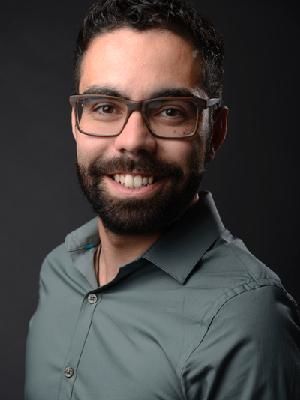TU Delft is working on a simple tool to measure oxygen saturation in COVID patients
Arjo Loeve and his research colleagues at TU Delft’s Department of BioMechanical Engineering are working with the Jeroen Bosch Hospital and the Rotterdam University of Applied Sciences on a new pulse oximeter that is easy and inexpensive to produce. The pulse oximeter is a crucial measurement tool that monitors the heartbeat and amount of oxygen in the blood while COVID-19 patients are being treated. The aim of the research is to counteract the impending shortage of this tool.
Patients who have COVID-19 must be closely monitored. Their heartbeat and the amount of oxygen in their blood are crucial parameters to determine whether a patient is okay, whether oxygen should be administered and whether the oxygen administration is already taking effect. The pulse oximeter measures these values. The corona crisis is threatening to cause a major shortage of these crucial monitoring tools.
Since the outbreak of the crisis, Arjo Loeve has been working with his team and the Jeroen Bosch Hospital on the POxiM, a pulse oximeter that can be made inexpensively and completely from readily available components. Lecturers from the Rotterdam University of Applied Sciences are supporting them in this project by designing the electronics. Marit van Velzen, Medical Engineer Advisor at the Jeroen Bosch Hospital, is providing expertise in the area of clinical use. Van Velzen obtained his PhD last year for the development of a similar sensor.
Project Manager Arjo Loeve
‘This isn’t actually an extremely complicated device to build. The bottleneck is that a worldwide shortage is emerging, which means that some parties are unable to supply parts. That’s why we now need to find a very simple way of building this important monitoring tool without having to resort to help from other countries. We are using a “less is more” approach: we don’t necessarily need some of the functions on pulse oximeters. We will omit these so we can build the POxiM faster and more efficiently.’


